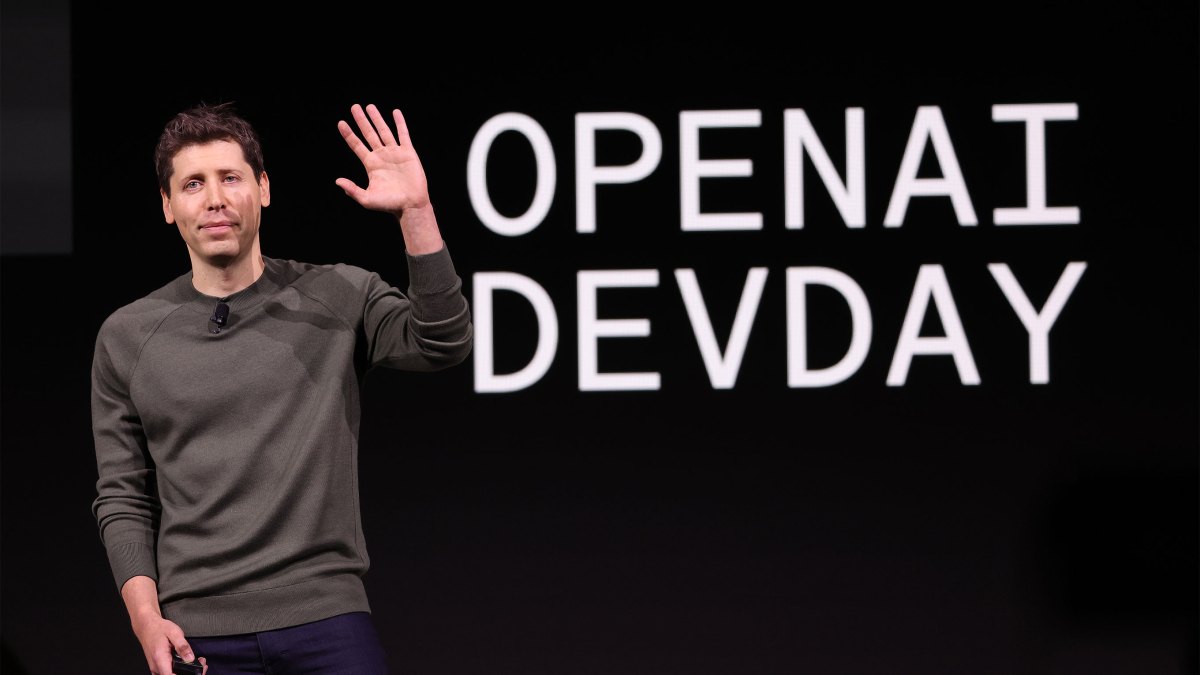Gambling
Italy’s ADM prepares for iGaming tenders and slams gambling ad ban

Italy’s Customs and Monopolies Agency (ADM) is poised to announce the much-anticipated tenders for online gaming, with the subsequent release of the Lotto tender expected shortly thereafter.
This was confirmed by Roberto Alesse, director general of the ADM, during an interview with media outlet La Verità. Alesse emphasised the central role the ADM plays in supporting the government’s fiscal policies, particularly in securing a consistent flow of tax revenue from the gaming sector.
Alesse outlined the imminent rollout of calls for tenders as part of the strategic efforts to modernise Italy’s gaming sector. The measures are expected to streamline the legal framework while ensuring robust tax contributions to support the national economy.
In addressing the broader challenges within the gaming industry, Alesse also underscored the importance of achieving legislative uniformity across the nation. The commitment, led by Deputy Minister Maurizio Leo, is to formulate a unified legal text through collaboration with the State-Regions Conference.
This would establish consistent regulations throughout Italy’s physical gaming network and align public tenders with European standards.
Gambling ad ban hypocrisy
Alesse was critical of the existing restrictions on gambling advertising, particularly the prohibitions introduced under the so-called Dignity Decree. He argued that in a liberalised economy, legal gaming operations should not face disproportionate restrictions.
The Dignity Decree is a legislative measure enacted in Italy in 2018 during the tenure of then-Deputy Prime Minister and Minister of Labor, Luigi Di Maio. It was designed to address key social and economic challenges, particularly precarious employment and gambling addiction.
The decree was part of the government’s efforts to improve job stability, regulate economic activity, and mitigate societal harms associated with certain industries.
A notable provision of the Decree was its complete ban on gambling advertising. This measure applied across all media platforms, including television, radio, digital outlets, and sports sponsorships.
The advertising restrictions were introduced to combat gambling addiction and protect vulnerable individuals from the risks associated with gambling. Existing advertising and sponsorship contracts were allowed to continue until their expiration, but any new agreements were prohibited.
Violations of the ban resulted in significant fines, with collected penalties earmarked for initiatives to combat gambling addiction.
Such measures, according to Alesse, inadvertently benefit illegal gambling platforms that circumvent regulations, thereby harming the very goals the laws were intended to achieve.
Alesse remains firm in his stance that legal gaming must be supported rather than constrained. He called for revisiting the advertising ban, describing it as “regulatory hypocrisy” that stifles a sector critical to Italy’s economic infrastructure.
Gaming top-ups on hold
Meanwhile, progress in reforming Italy’s remote gaming sector has faced a legal hurdle. The Lazio Regional Administrative Court recently suspended the ADM’s decree on the Register of Online Top-Up Points of Sale, following appeals by numerous operators.
The court determined that further examination was needed to address the issues raised and postponed a ruling on the merits to 12 February.
This suspension effectively halts the planned implementation of the Top-Up Register, which the ADM intended to introduce to facilitate the reorganisation of remote gaming operations.
The decree mandated the creation of a Register as a prerequisite for operators managing physical recharge points that allow customers to top up online gaming accounts. These points of sale serve as intermediaries between gaming account holders and licensed operators.
While top-up points are authorised to handle account funding, they are strictly prohibited from processing withdrawals or payouts of winnings. The ADM anticipated that the Register would cover approximately 30,000 operators, generating €3m in revenue.
However, gaming operators and merchants opposed the decree, citing concerns over its operational implications. They argued that the tight deadlines and regulatory burden would make compliance challenging, particularly for smaller operators.
The court, in its precautionary decision, accepted these concerns to prevent economic harm to concessionaires and businesses unable to meet the initial registration deadline.
The court’s ruling maintains the current state of affairs until the full hearing, ensuring that operators can continue their activities without interruption.










